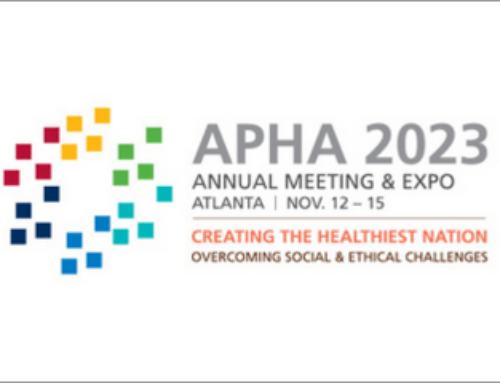The creation of the new state exchanges presents a number of potential opportunities and challenges for the AASM. In the last few months, the AASM has contacted various stakeholders to ensure sleep services are covered in each state exchange.
An important component of the Affordable Care Act (ACA) is establishment of state exchanges by January 1, 2014. The purpose of a state exchange is to provide a state-based marketplace to individuals and businesses for the sale and purchase of health insurance. The ACA requires exchanges to provide a comprehensive package called essential health benefits (EHBs) that offers services such as laboratory services, preventive and chronic-management services, and pediatric services.
There will be three types of exchanges: A state-operated exchange, a state-federal partnership exchange, and a federally-operated exchange. Washington, DC and 18 states have decided to run a state-based exchange, 7 are planning for a state-federal partnership exchange, and 26 have defaulted to a federally-operated exchange.
Health insurance companies have the option to develop products for the new state exchanges. Exchanges will contract with the insurance companies, which will, in turn, make their products available for purchase. All exchange products must include the required EHBs. Insurance companies will need to prepare for open enrollment by October 1, 2013.
To ensure sleep services are covered in each state exchange, the AASM submitted letters to HHS, and to every State Insurance Department, State Medical Society, and all existing State Exchanges. The AASM also conducted a call with the Center for Consumer Information and Insurance Oversight (CCIIO), which is a Centers for Medicare and Medicaid Services (CMS) department that implements many provisions of the ACA. CCIIO confirmed that our strategy was a correct course of action and recommended that we contact the private payers who will be offering the plans within each exchange.
Recently, the AASM submitted 358 letters to senior executives at various corporate and state health insurance companies. The senior executives that were contacted are responsible for medical services, government programs, provider services, or insurance products. The letters informed them of how sleep services should be covered in the EHBs. Many insurance companies have confirmed that sleep services will be covered in their state exchange products.
View a few private payers’ responses
A few insurance companies stated that their company will not be offering a state exchange product. Several large health insurance companies, including Aetna, United Healthcare, and Cigna, have announced that they will only be offering products in a select number of states.
A follow-up email will be sent to every private payer in the next two weeks. The AASM will continue to inform membership on any new developments with this initiative as we move forward with this initiative. View more information about state exchanges








